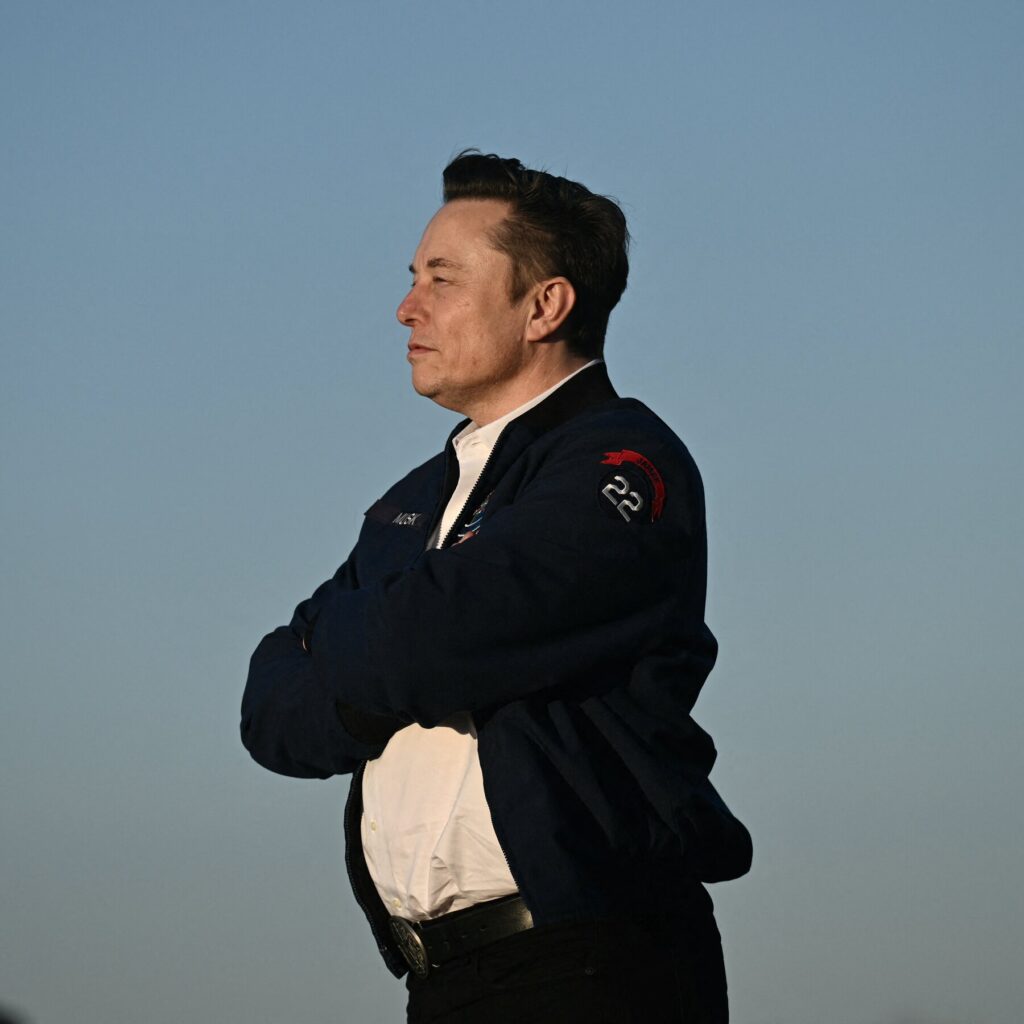Elon Musk’s $1 Trillion Pay Package: Will the Tesla CEO Ever Collect the Full Sum?

Tesla shareholders gave the green light to what could become the most colossal compensation deal in corporate history—a multi‑billion‑dollar award that, if all its performance hurdles are met, could be worth more than $1 trillion. The approval, secured at the company’s annual meeting in June, has reignited a fierce debate about whether the visionary CEO will actually walk away with the entire payout, and what that would mean for investors, employees, and the broader market.
# The Structure of the Deal
The compensation plan, formally known as the “2022 Performance Award,” is split into 12 tranches of stock options. Each tranche is tied to a specific set of milestones that combine two key metrics: Tesla’s market capitalization and its operational performance. The milestones are staggered as follows:
| Milestone | Market‑Cap Target | Revenue or Adjusted EBITDA Requirement |
|———–|——————-|——————————————|
| 1 | $650 billion | $20 billion in revenue (or $2 billion adjusted EBITDA) |
| 2–12 | Incrementally higher caps, up to $650 billion × 20 (≈ $13 trillion) | Corresponding revenue/EBITDA growth thresholds |
If Tesla hits each target, Musk’s options vest at a price far below the current share value, allowing him to purchase shares at a discount that could translate into astronomical gains. The plan also includes a “clawback” provision that would strip the award if Musk leaves the company before the final tranche vests.
# Why the Package Is Historic
Even before the vote, analysts warned that the total potential payout would dwarf the $100 billion awarded to former Apple CEO Tim Cook in 2018. At today’s share price, the full award could be valued at roughly $1 trillion, a figure that would make Musk the highest‑paid executive ever, eclipsing even the combined compensation of the world’s most powerful CEOs.
# Skepticism From Investors and Governance Experts
Critics argue that the structure is overly generous and effectively guarantees a windfall for Musk regardless of broader shareholder returns. “The thresholds are set so low relative to Tesla’s growth trajectory that the odds of Musk collecting the full amount are high,” said Laura Chen, a corporate‑governance professor at Stanford. “It also raises concerns about alignment – the plan rewards market‑cap growth, which can be influenced by stock‑price manipulation, more than sustainable profitability.”
Institutional investors were split. While many large funds, such as Vanguard and BlackRock, voted in favor, citing Musk’s role in transforming Tesla into a global automotive and energy powerhouse, a handful of smaller shareholders and activist groups filed dissenting statements. They warned that the compensation could set a dangerous precedent for executive pay in the tech sector.
# The Likelihood of Full Vesting
The reality check is that the plan’s biggest hurdle—achieving a market capitalization of $650 billion multiplied by 20—is astronomically high. Tesla’s market cap fluctuated around $800 billion in early 2024, meaning the final cap would require a valuation north of $13 trillion, a figure that would make Tesla the most valuable public company on the planet, surpassing even the combined market caps of the top five U.S. firms.
Moreover, the revenue and EBITDA thresholds become progressively more demanding, demanding consistent double‑digit growth in a highly competitive automotive market. While Musk’s track record of bold bets—from battery technology to autonomous driving—suggests he can stretch the limits, many analysts believe the full award is more a symbolic statement of confidence than a realistic expectation.
# What Happens If Only Some Tranches Vest?
Even partial vesting would still be massive. Hitting just the first three milestones could net Musk a payout worth tens of billions of dollars. The plan’s design ensures that each successive tranche is harder to achieve, but each also carries a proportionally larger reward.
If Musk were to leave Tesla before the final tranche vests, the unvested portions would be forfeited, and the board could re‑allocate those options to other senior executives or use them for future incentive programs. This “stay‑until‑the‑end” clause is intended to lock Musk’s focus on long‑term growth, but it also adds pressure on the company’s board to manage succession risks.
# Bottom Line
The approval of Elon Musk’s $1 trillion‑potential compensation package underscores the extraordinary faith many shareholders have in his ability to steer Tesla to ever‑greater heights. Yet the astronomical targets mean that the full payout remains a theoretical possibility rather than an inevitable outcome. As Tesla continues to navigate supply‑chain challenges, regulatory scrutiny over autonomous vehicles, and intensifying competition from legacy automakers, the coming years will reveal whether the company can meet the lofty benchmarks set for its charismatic CEO—or whether the award will serve more as a headline‑grabbing symbol of ambition than a cash reality.



